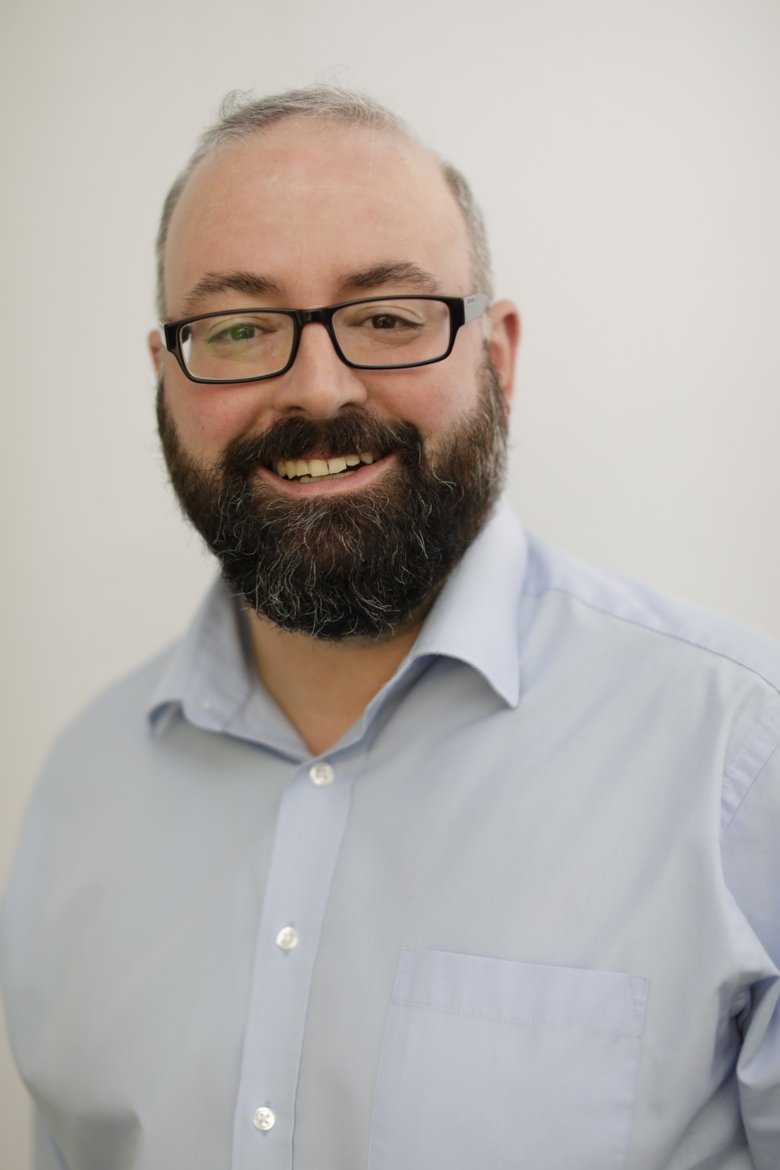New thesis explores virtual patient design
Hi there Luke Woodham. You recently defended your thesis "Exploring the impact of virtual patient design: medical students' small group learning around medical error". Can you tell us what it is about?

"Most of my doctoral work took place within a project called TAME (Training Against Medical Error), in which a large consortium of partners worked to introduce virtual patients designed to teach medical error into the curriculum at six institutions in Kazakhstan, Ukraine and Vietnam", says Luke Woodham, PhD student at the Department of Learning, Informatics, Management and Ethics (LIME).
"We created virtual patients designed to teach concepts of medical error in a Paediatrics setting and used these with small groups at each institution. We looked at different design variations of virtual patients, including the use of video or text, and the use of options to model patient-management decisions."
What are the most important findings?
"When considering the use of decisions and options in the virtual patients, we explored the impact on different aspects of student experience, including their learning and performance, their motivation, and their self-efficacy. The findings from the studies showed that the use of decisions and options, also referred to as branched decision-making, improved learning in the specific scenarios covered by the virtual patients, but that this didn’t transfer to other areas."
"We need to seek to design learning activities using the virtual patients which encourage deeper learning that allows learners to transfer the learning to other settings."
How can this knowledge contribute to improving people’s health?
"It is essential to design learning activities that use technology with great care, understanding how students will interact with them and the learning processes that underpin these activities. Online learning offers a great number of opportunities for the health professions, and this has never been more obvious than right now as global universities are forced to move to online teaching."
"If we can understand how to design high quality online learning experiences, the global healthcare workforce can receive training more flexibly and accessibly, resulting in improved educational outcomes."
What do you like to do when you are not studying or researching?
"On a daily basis, I work at St. George’s, University of London, a specialist healthcare sciences university in London, UK, as part of the team that delivers technology-enhanced learning to students there. I’m passionate about the ability of technology to develop new and enhanced learning opportunities for our students. This comes from a love of technology first and foremost – I enjoy working with tech and trying out new things. Mostly, I use tech to play music – I love to play different instruments, which take up far too much space at home."
"I’m also a big football fan, having supported Tottenham Hotspur for nearly 30 years, with very little success."
What are your plans for the future?
"Right now, I’m looking forward to using everything I have learnt in my doctoral studies as part of my work, particularly given the current need to support our students with online learning in the current crisis. In the future, I hope to develop further projects and explore how we can use technology to create new approaches to teaching and learning."
